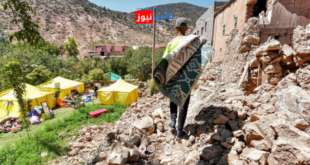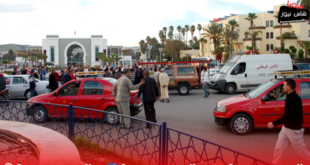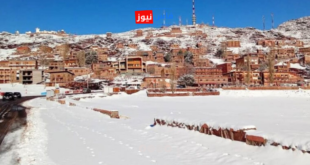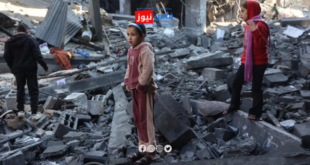In a concerning development in the Oulfa district of Casablanca, Morocco, the area is witnessing increasing tensions between local residents and groups of migrants from sub-Saharan African countries. Reports have emerged of sporadic incidents involving the extortion of some local merchants, as well as confrontations with the Moroccan Royal Gendarmerie forces.
These events highlight the significant challenges facing the process of integrating migrants into local communities, not only in Morocco but across various North African countries. Among the most prominent of these challenges are:
- Language barrier: The difference in languages poses a significant obstacle to effective communication between migrants and host communities.
- Lack of professional skills: Many migrants face difficulties in finding suitable job opportunities due to the mismatch between their skills and local labor market requirements.
These incidents raise questions about the effectiveness of current policies for integrating migrants and the need to develop comprehensive programs for vocational training and language education. They also highlight the importance of enhancing dialogue between different segments of society to prevent the escalation of tensions and ensure peaceful coexistence.
It is worth noting that these challenges are not exclusive to Morocco but are a phenomenon faced by many North African countries that have become transit or settlement points for migrants from sub-Saharan Africa. This calls for regional and international cooperation to address migration issues in a comprehensive and humane manner.
In conclusion, these events emphasize the need for urgent and balanced measures that consider the rights of all parties and promote social security and stability while preserving humanitarian values and social solidarity.
The situation in Oulfa serves as a microcosm of broader integration challenges faced across North Africa, underscoring the complex interplay between migration, social cohesion, and economic factors. As countries in the region continue to grapple with these issues, finding sustainable solutions that balance security concerns with humanitarian considerations remains a pressing priority.
 فاس نيوز ميديا جريدة الكترونية جهوية تعنى بشؤون و أخبار جهة فاس مكناس – متجددة على مدار الساعة
فاس نيوز ميديا جريدة الكترونية جهوية تعنى بشؤون و أخبار جهة فاس مكناس – متجددة على مدار الساعة













